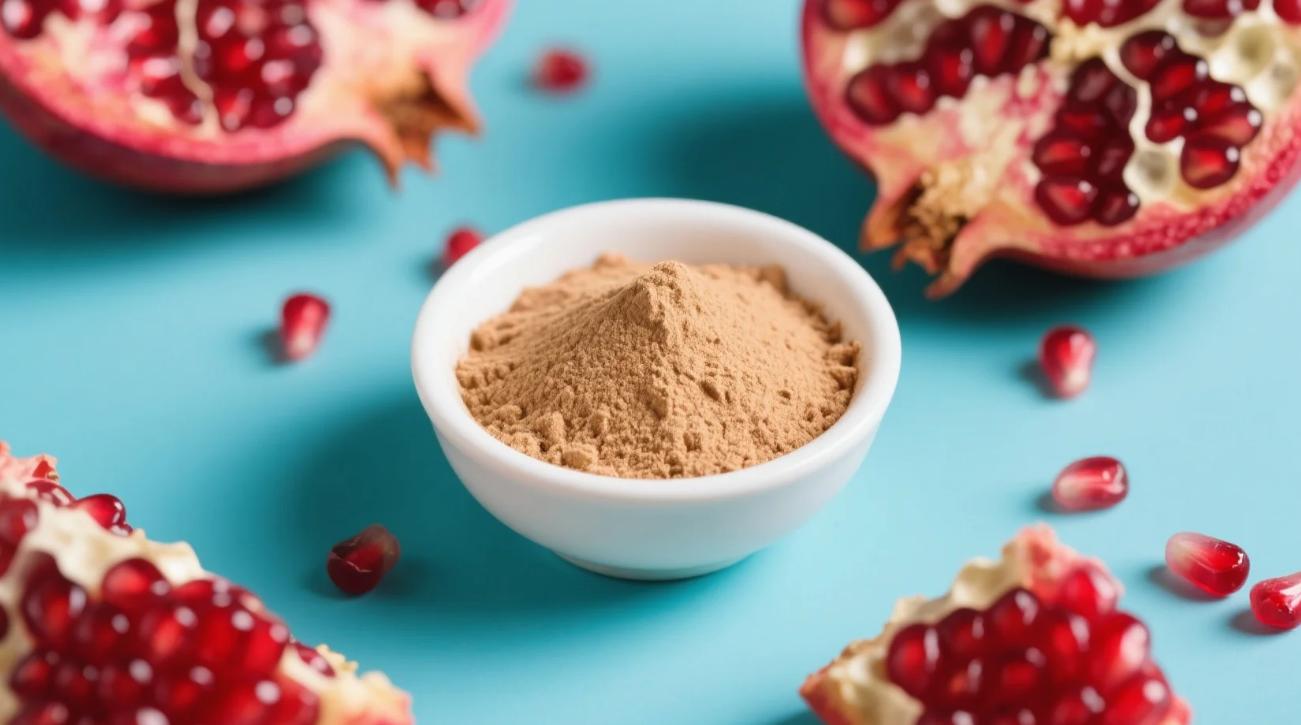Table of Contents
Organic inulin is a type of prebiotic fiber that is extracted from natural sources, such as chicory root and Jerusalem artichoke. Prebiotics are compounds that feed the beneficial bacteria in your gut, which can improve your digestive health and immunity. Organic inulin can also have positive effects on your blood sugar and cholesterol levels, which can reduce your risk of diabetes and heart disease. Here are some of the ways that organic inulin can help lower blood sugar and cholesterol.
Blood Sugar Control
One of the benefits of organic inulin is that it can slow down the absorption of carbohydrates in your small intestine, which can prevent spikes in your blood glucose levels after eating. This can help you maintain a stable blood sugar level throughout the day and avoid the complications of high or low blood sugar. A meta-analysis of nine studies found that people with and without diabetes who ate organic inulin had less rise in their blood sugar compared to those who ate other types of fiber.
Organic inulin can also improve your insulin sensitivity, which means that your body can use insulin more effectively to regulate your blood sugar. Insulin is a hormone that helps your cells take up glucose from your bloodstream and use it for energy. When you have insulin resistance, your cells do not respond well to insulin and your blood sugar stays high. This can lead to type 2 diabetes and other health problems. A study of 49 women with type 2 diabetes found that taking 10 grams of organic inulin per day for eight weeks improved their insulin sensitivity by 8.5%.
Cholesterol Reduction
Another benefit of organic inulin is that it can lower your cholesterol levels, especially the bad LDL cholesterol that can clog your arteries and increase your risk of heart attack and stroke. Organic inulin can do this by changing the population of bacteria in your intestines, which in turn affects how cholesterol is made and metabolized in your body. Organic inulin can also bind to bile acids in your gut and prevent them from being reabsorbed into your bloodstream. Bile acids are substances that help digest fats and are made from cholesterol. When bile acids are excreted, your liver has to use more cholesterol to make new ones, which lowers your cholesterol levels.
A meta-analysis of 26 studies found that taking organic inulin supplements reduced total cholesterol by 7.7 mg/dL and LDL cholesterol by 10.3 mg/dL on average. These effects were more pronounced in people with high cholesterol levels than those with normal levels.
How to Incorporate Organic Inulin into Your Diet
Organic inulin is available as a supplement in various forms, such as capsules, tablets, gummies and powders. You can take them according to the dosage instructions on the label or as directed by your healthcare provider. However, you should be aware that some people may experience side effects from taking too much organic inulin, such as gas, bloating, cramps and diarrhea. You should also consult your doctor before taking organic inulin if you have any medical conditions or allergies.
Another way to get more organic inulin into your diet is to eat more foods that contain it naturally. Some of the best sources of organic inulin are:
- Chicory root: This is the most common source of organic inulin used for supplements and food additives. It has a slightly sweet taste and can be used as a coffee substitute or a sweetener.
- Jerusalem artichoke: This is a type of tuber that has a high amount of organic inulin, especially when eaten raw or lightly cooked. It has a nutty flavor and can be used as a vegetable or a salad ingredient.
- Garlic: This aromatic herb has many health benefits besides being a source of organic inulin. You can add it to soups, sauces, stir-fries and other dishes for flavor and nutrition.
- Onions: These vegetables are also rich in organic inulin and other beneficial compounds. You can eat them raw or cooked as a part of salads, sandwiches, omelets and more.
- Oats: These grains are a good source of both soluble and insoluble fiber, including organic inulin. You can eat them as oatmeal for breakfast or use them to make granola bars, cookies and muffins.
- Bananas: These fruits are not only delicious but also contain some organic inulin along with other prebiotics. You can eat them fresh or use them to make smoothies, pancakes and breads.
In conclusion, organic inulin is a prebiotic fiber that can help lower blood sugar and cholesterol levels by supporting your gut health and metabolism. You can get more organic inulin into your diet by taking supplements or eating foods that contain it naturally. However, you should always consult your doctor before making any changes to your diet or taking any supplements.

